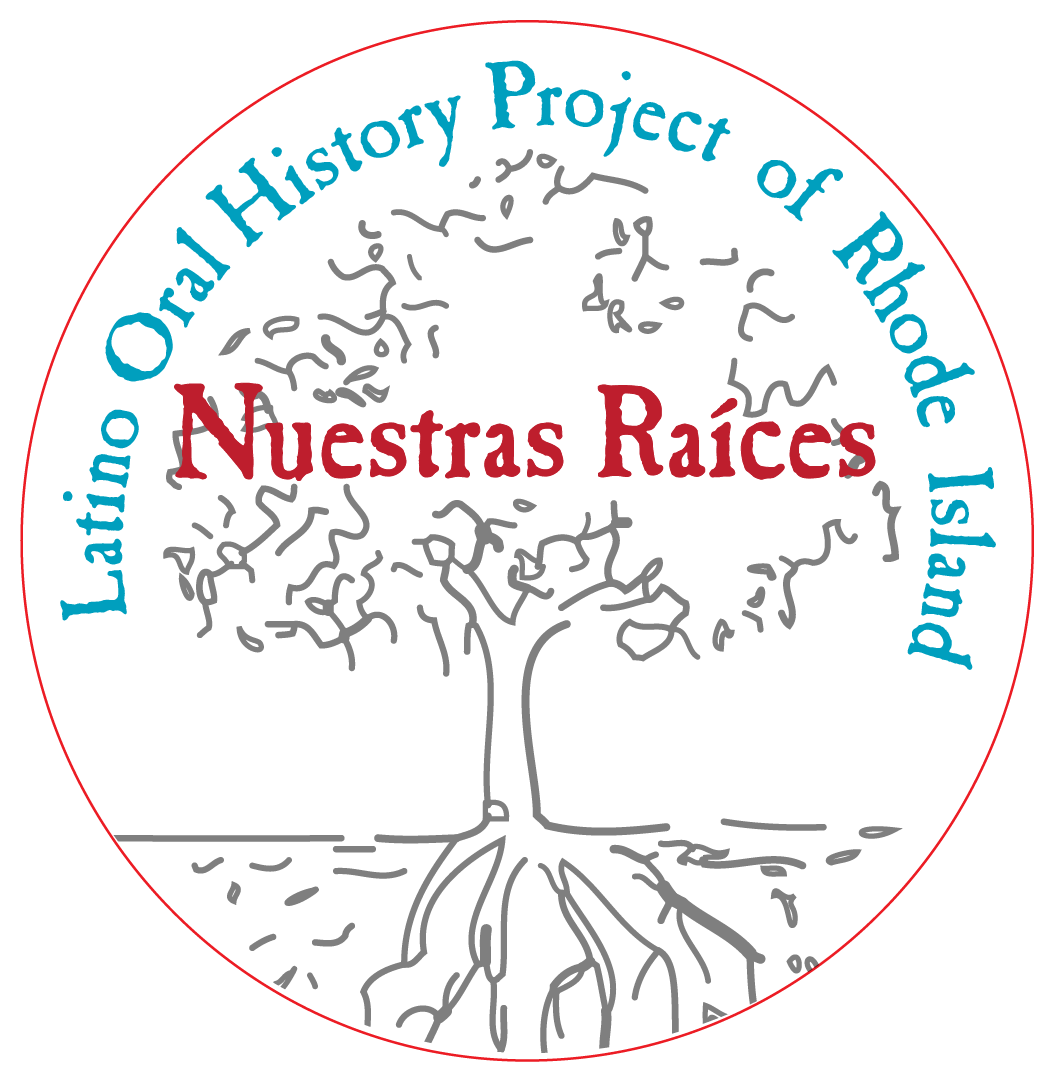ABOVE: ASSISTING THE nearly 300 Cuban refugees living in Rhode Island is the purpose of the newly formed Cuban Club. Discussing future plans are (l-r) Standing: Mr. Felipe Eiras, treasurer and Mr. Raul Sanchez. Sitting: Mrs. Virginia Salabert and Dr. Eduardo Salabert, president.
Dr. Salabert escaped from Cuba in August 1962, hidden aboard a 26-foot fishing boat. The previous year his wife and two daughters had left the country on a Freedom Flight. Because his profession is a critical one, Dr.Salabert was not allowed to accompany them.
For six months he and a friend planned their escape. The friend, a former accountant, got government permission to use the boat for fishing. In Cuba, the fishing industry is completely controlled by the government. You must obtain a permit to fish and then are required to give your entire catch to the government. In return, you receive a payment determined by the government.
Planned Escape
Dr. Salabert, who at the time was chief of narcotics in the public health department of Havana, hid in the boat one afternoon. Then his friend took the boat to sea. It was an open boat with sails and motor. The night was dark. The sea was rough. It was hurricane weather, but the two men were experienced sailors.
On every block there is one house that watches everyone—when you get up, when you go to bed, who your friends are, how much money you get. They watch everything. They know all about you.
For 17 or 18 hours, they fought the churning waters until finally they landed in Key West. Dr. Salabert stayed in Miami to take the medical board examinations so he would be licensed to practice in this country. Then he joined his wife who was living in Iowa where their daughters were in school.
From Iowa, the family moved here. Dr. Salabert is affiliated with the Pawtucket Memorial Hospital. He left his native country because he said, “In the first place, even if the conditions were good, I couldn’t live under communism. There is no freedom.
Today, he explained, it takes 13 to 14 months to leave the country but the minute you put your name on the list, you are forced to give up your job.
Mrs. Eiras told of a distant relative, a university professor, who wanted to leave. She is the mother of three small children but she had to resign immediately. After a year of waiting, she could not feed her children. In desperation she promised never to leave the country if they would reinstate her. She is still in Cuba.
Written by Kiki Scotti. | Excerpt from a story that appeared in the Providence Journal-Bulletin on June 16, 1967
